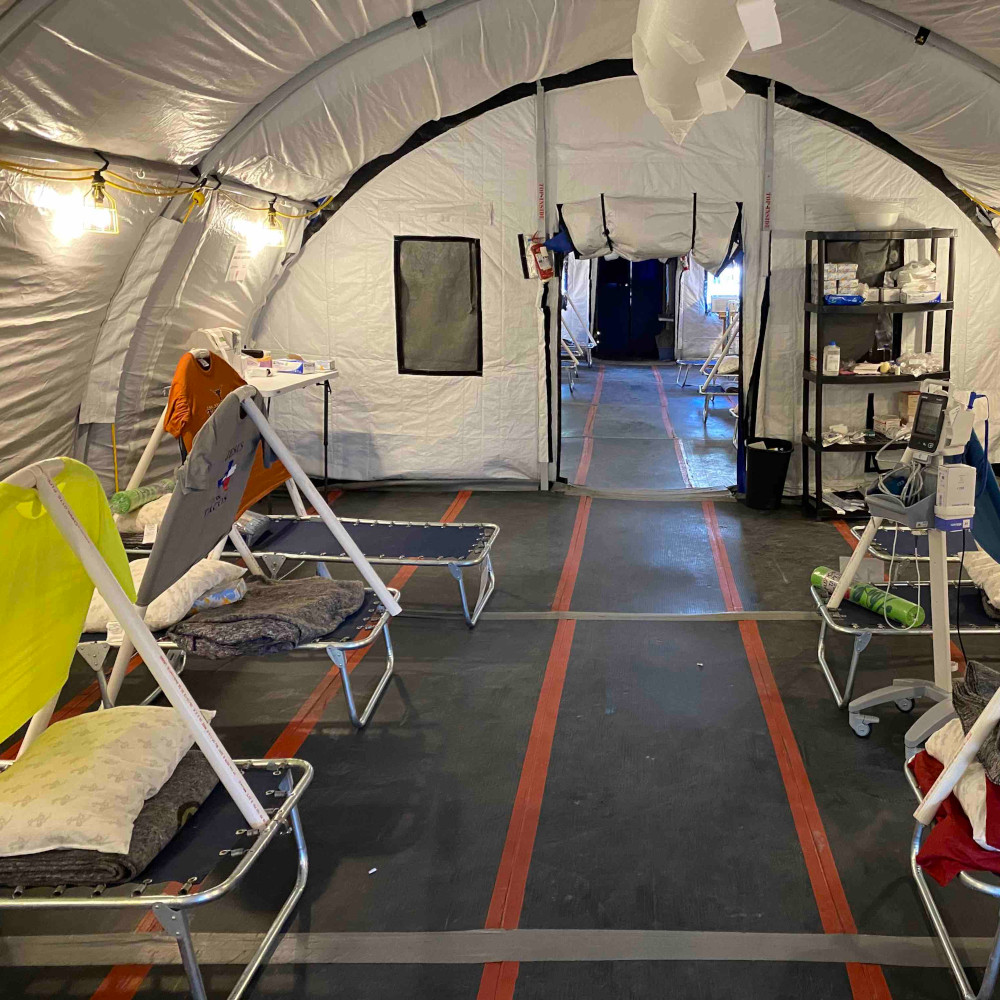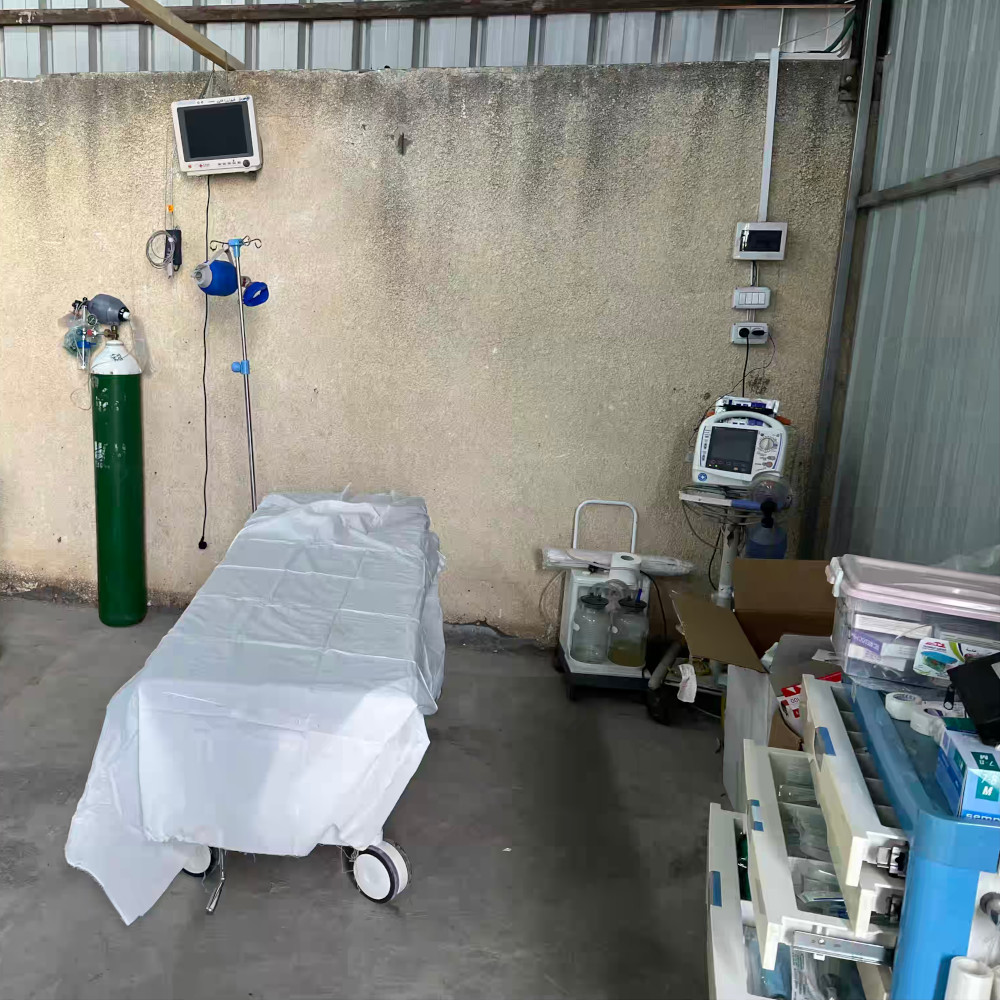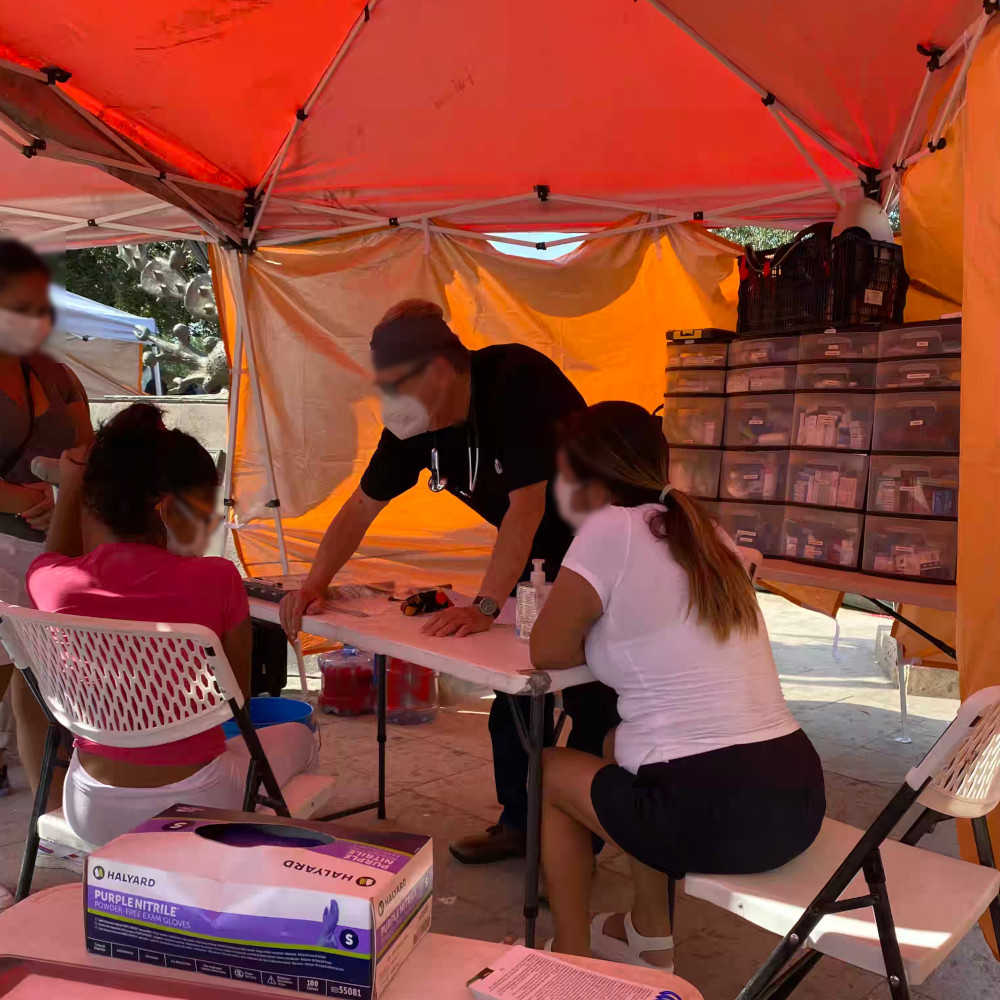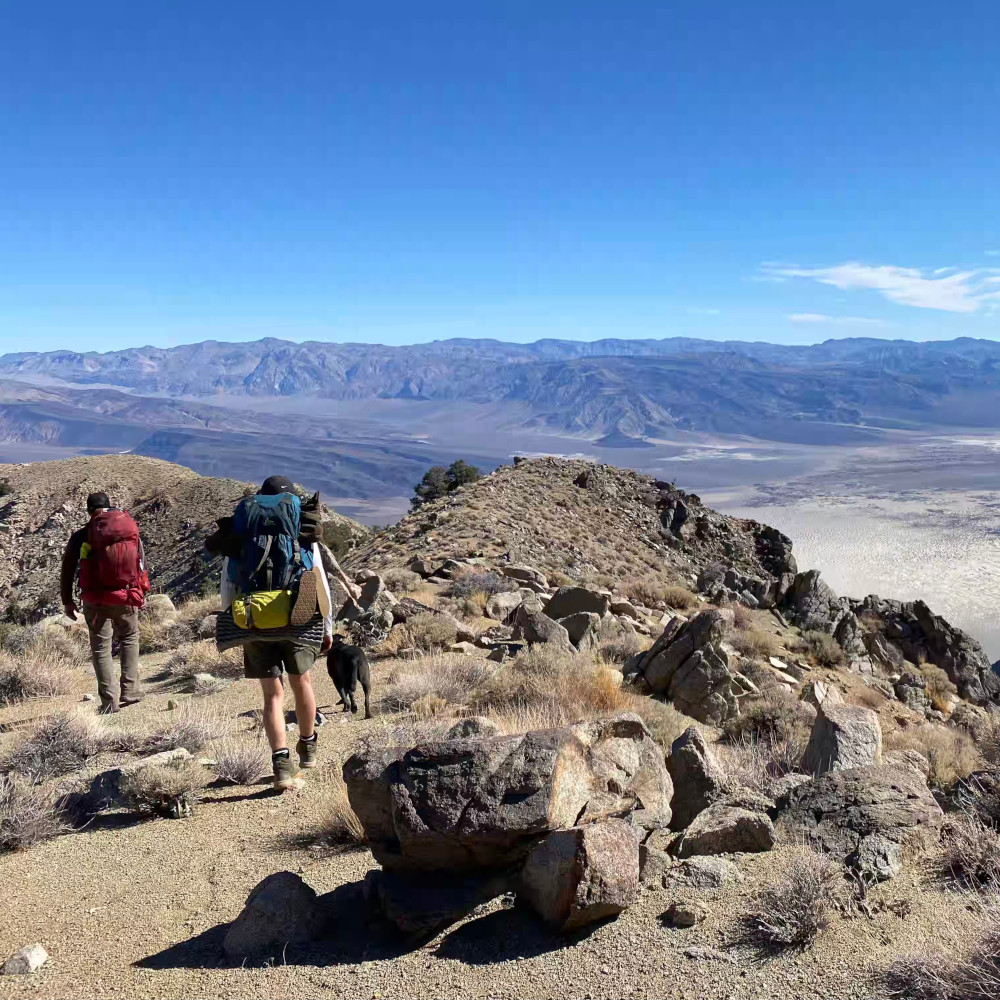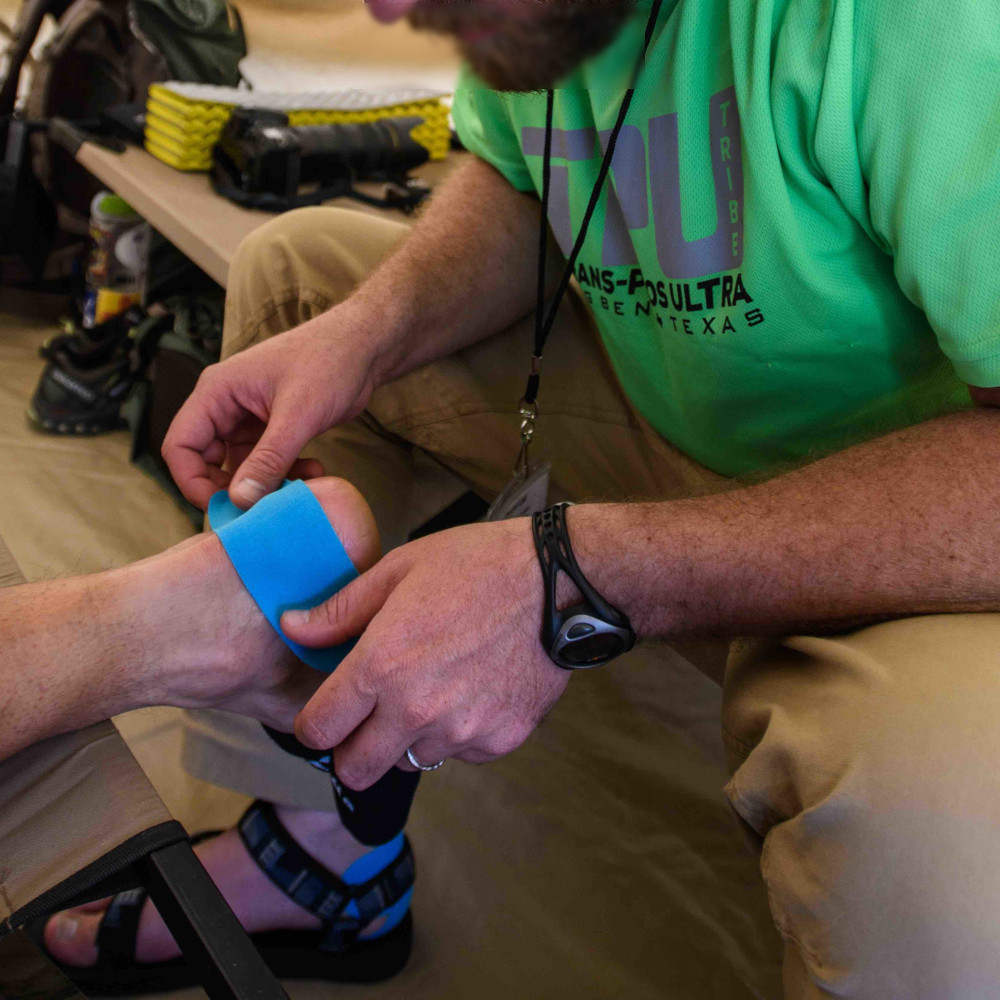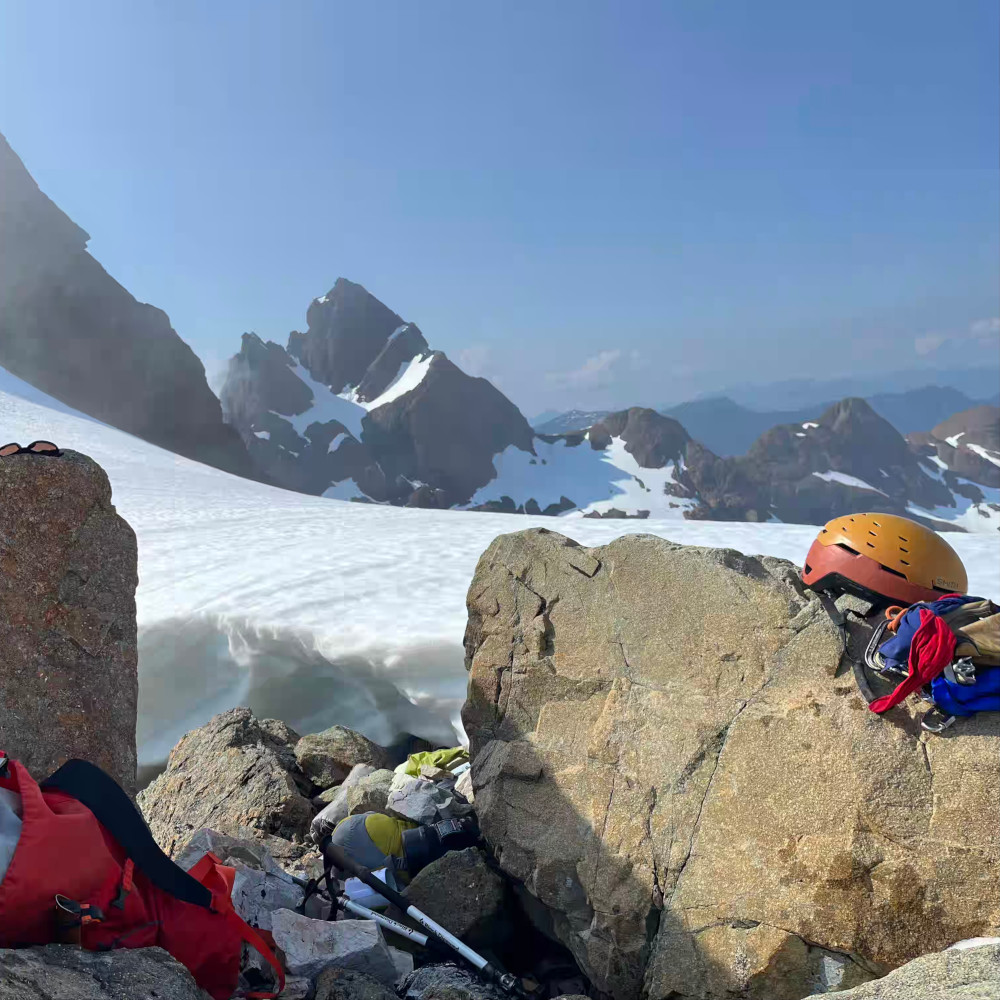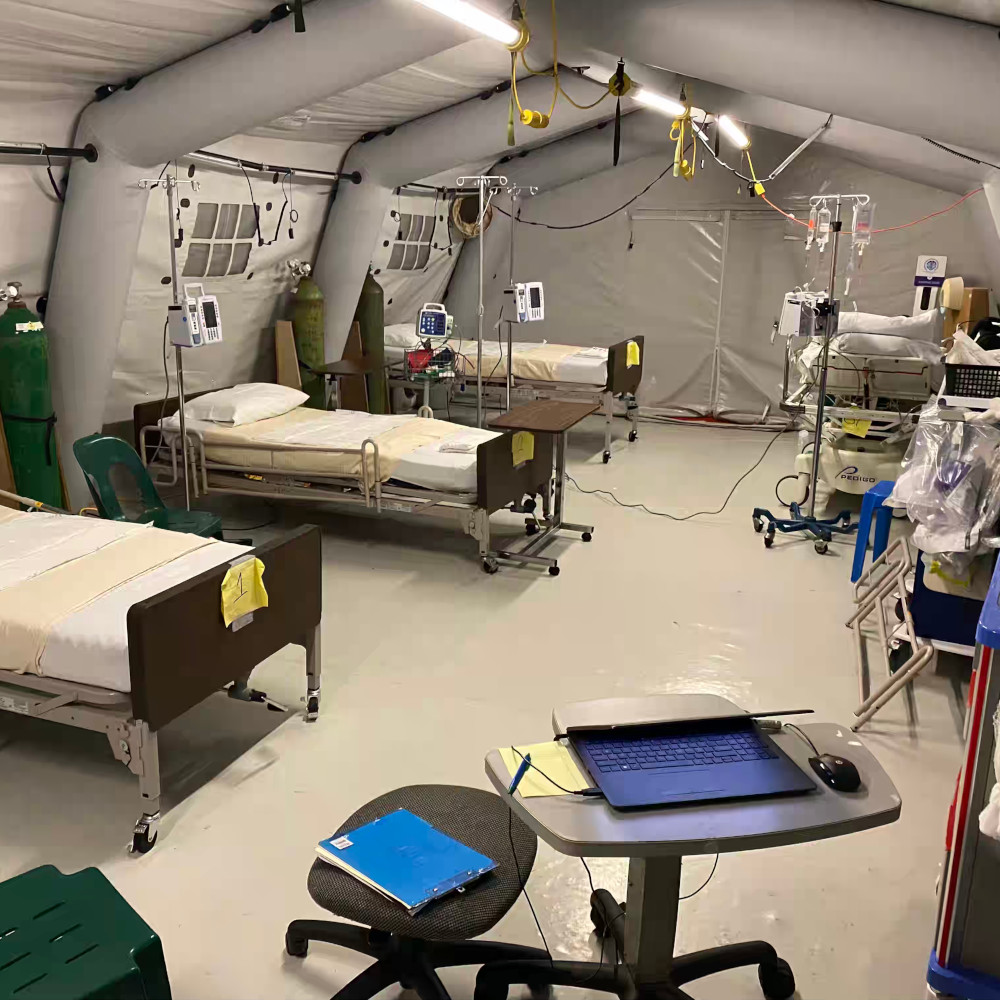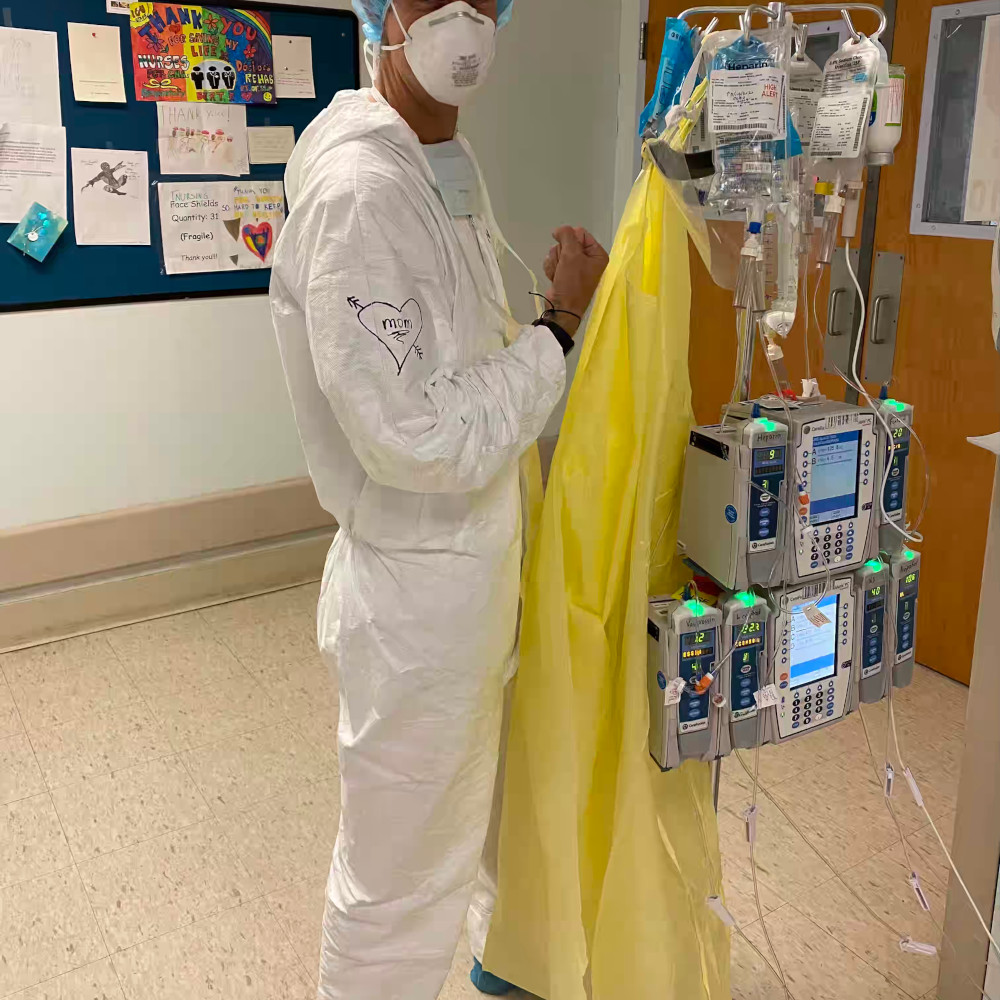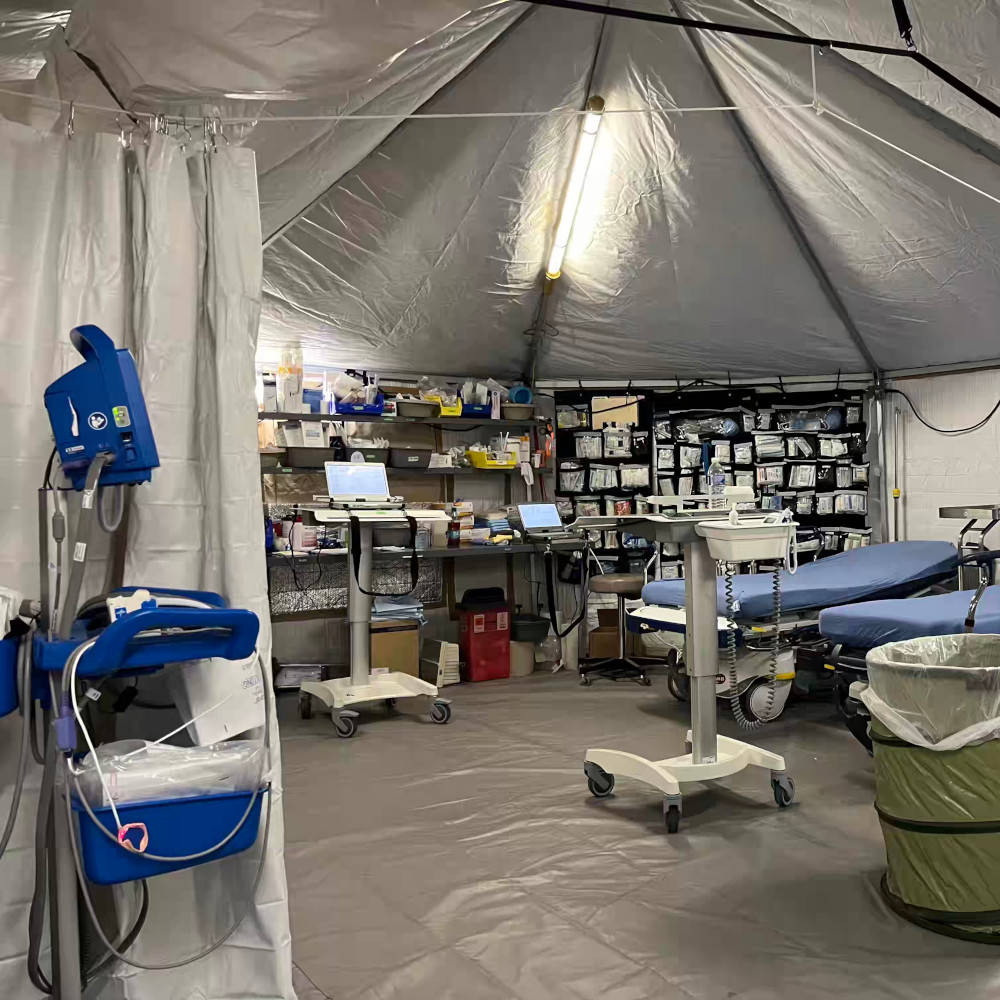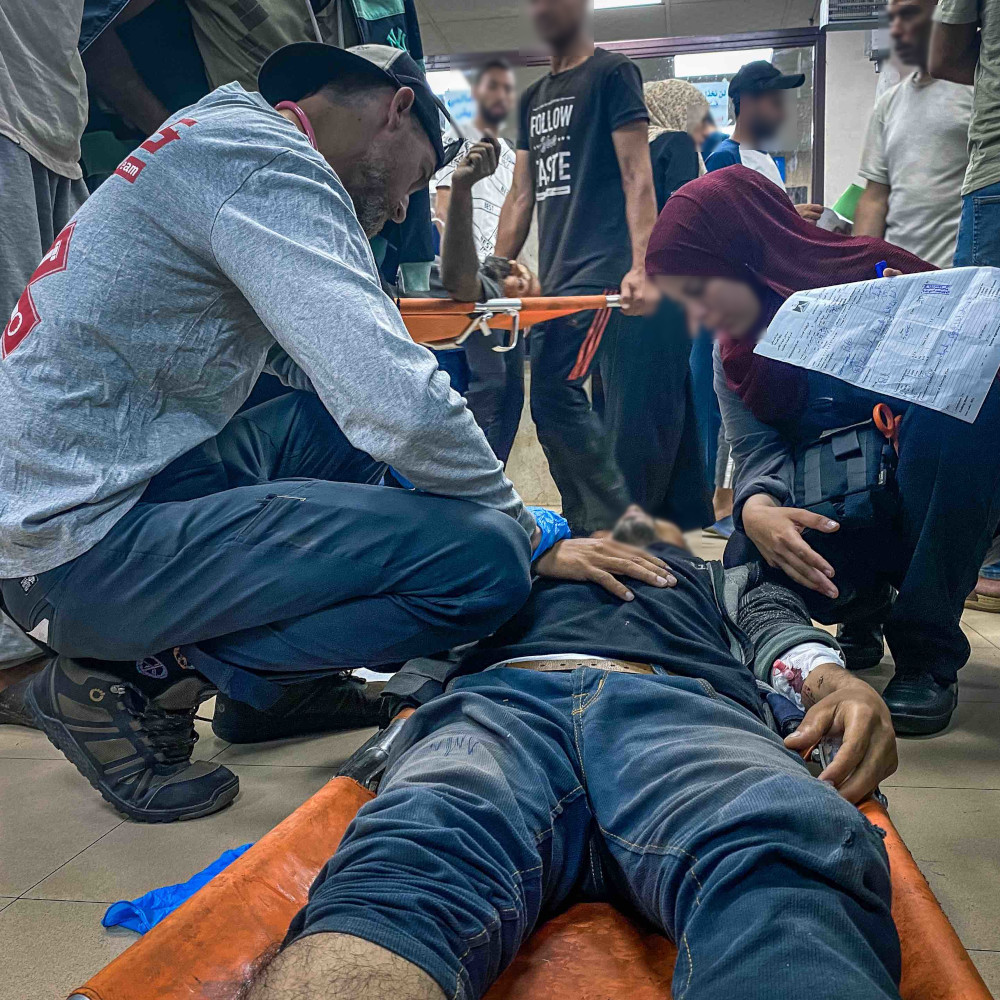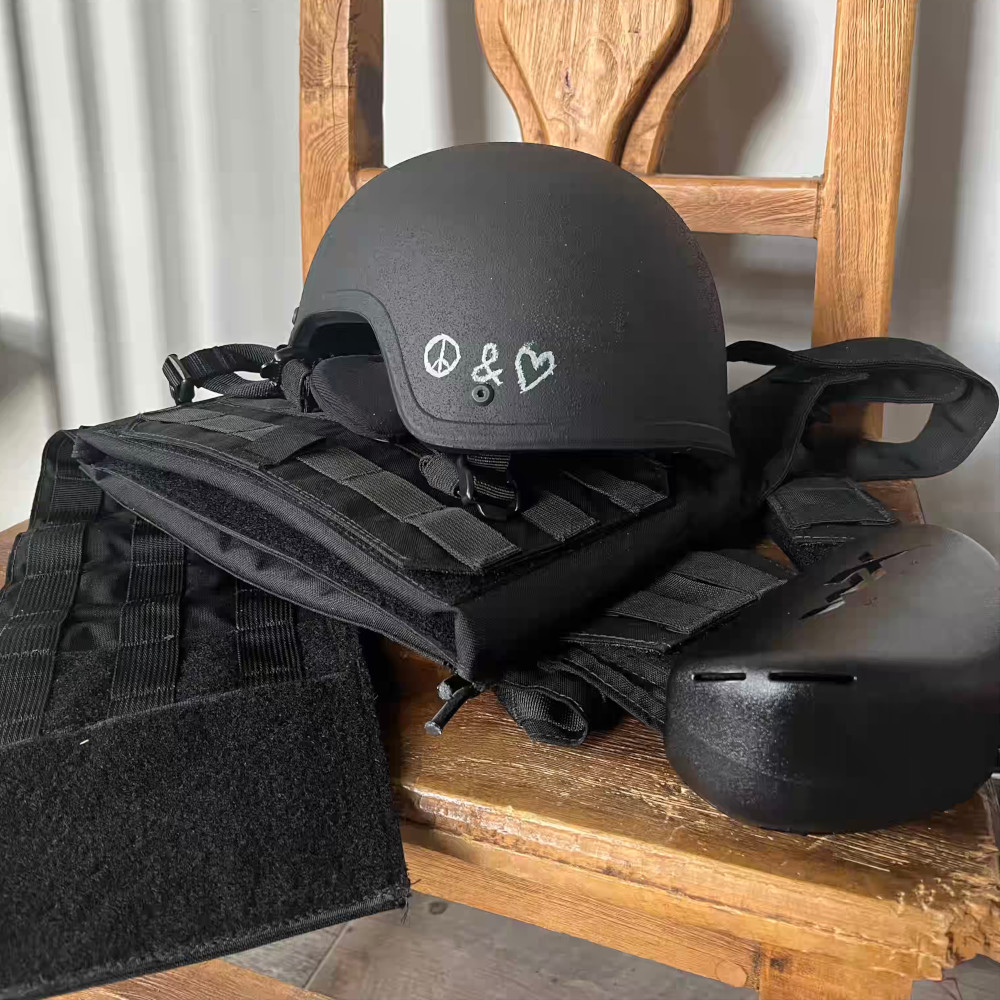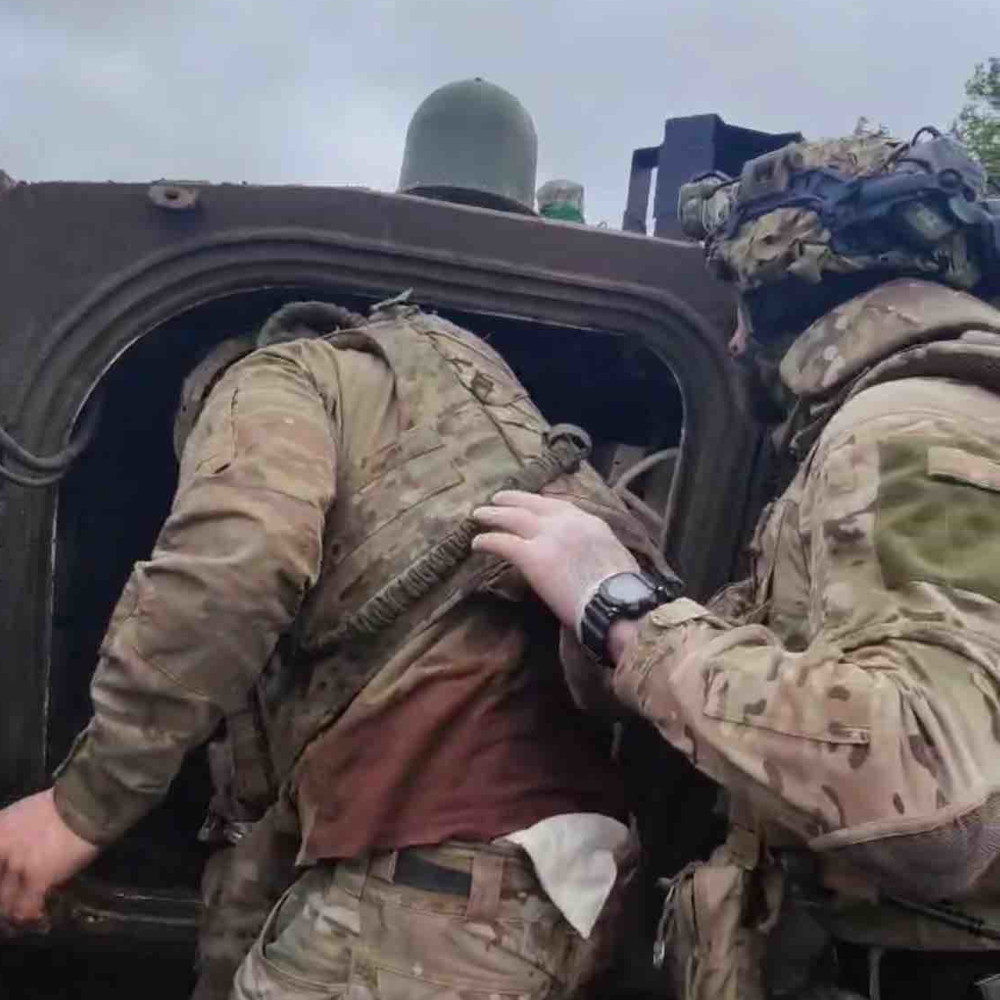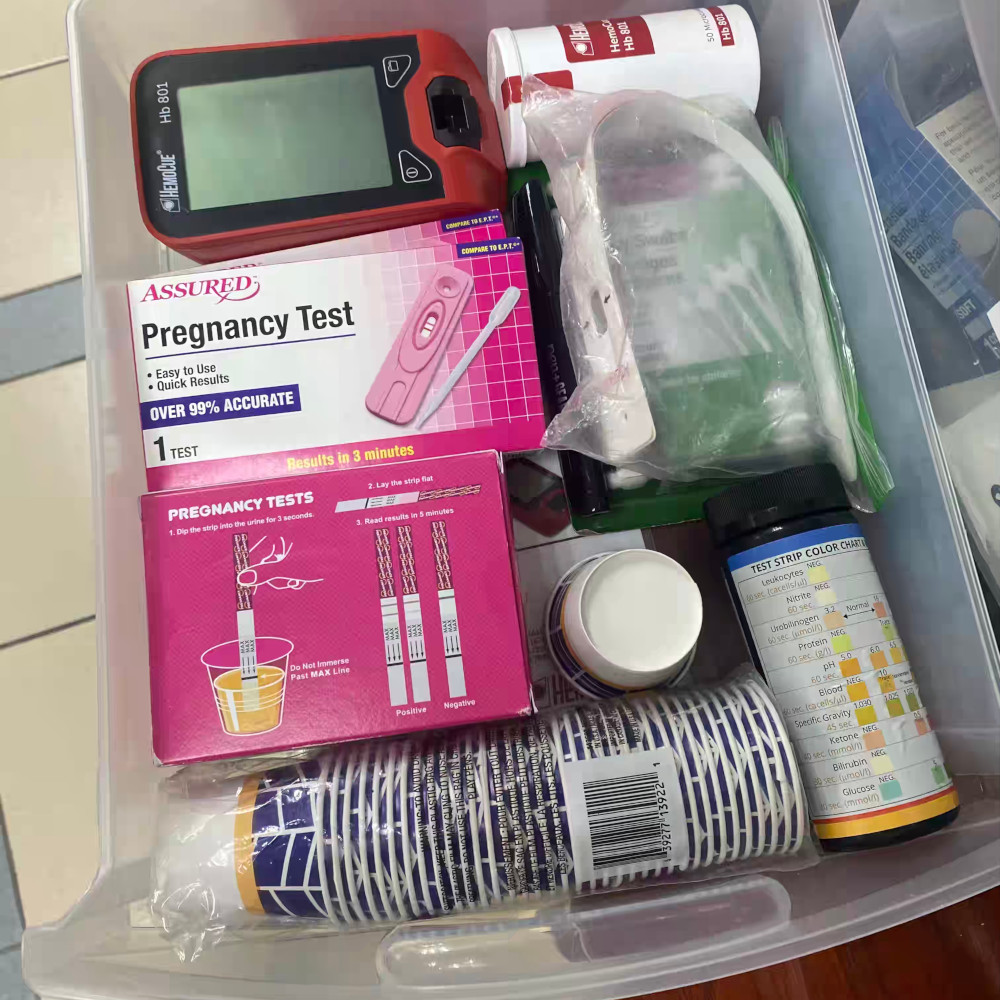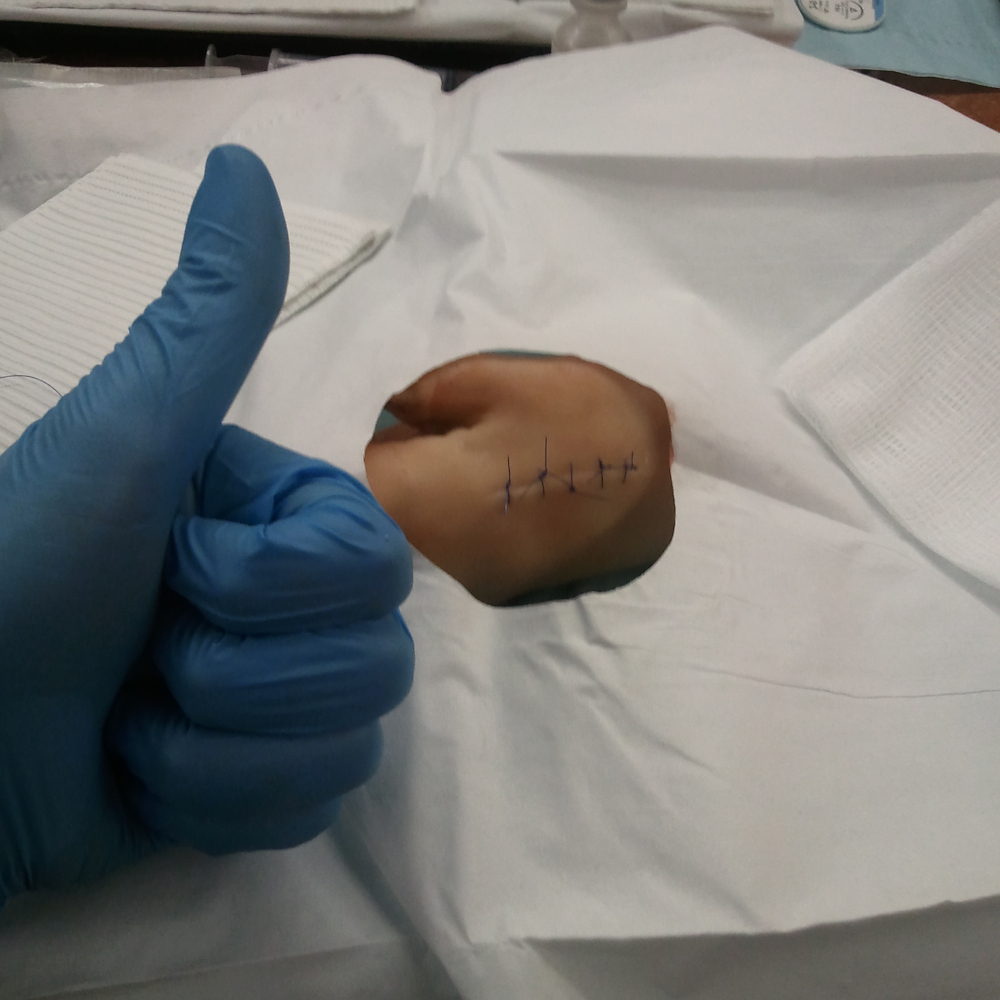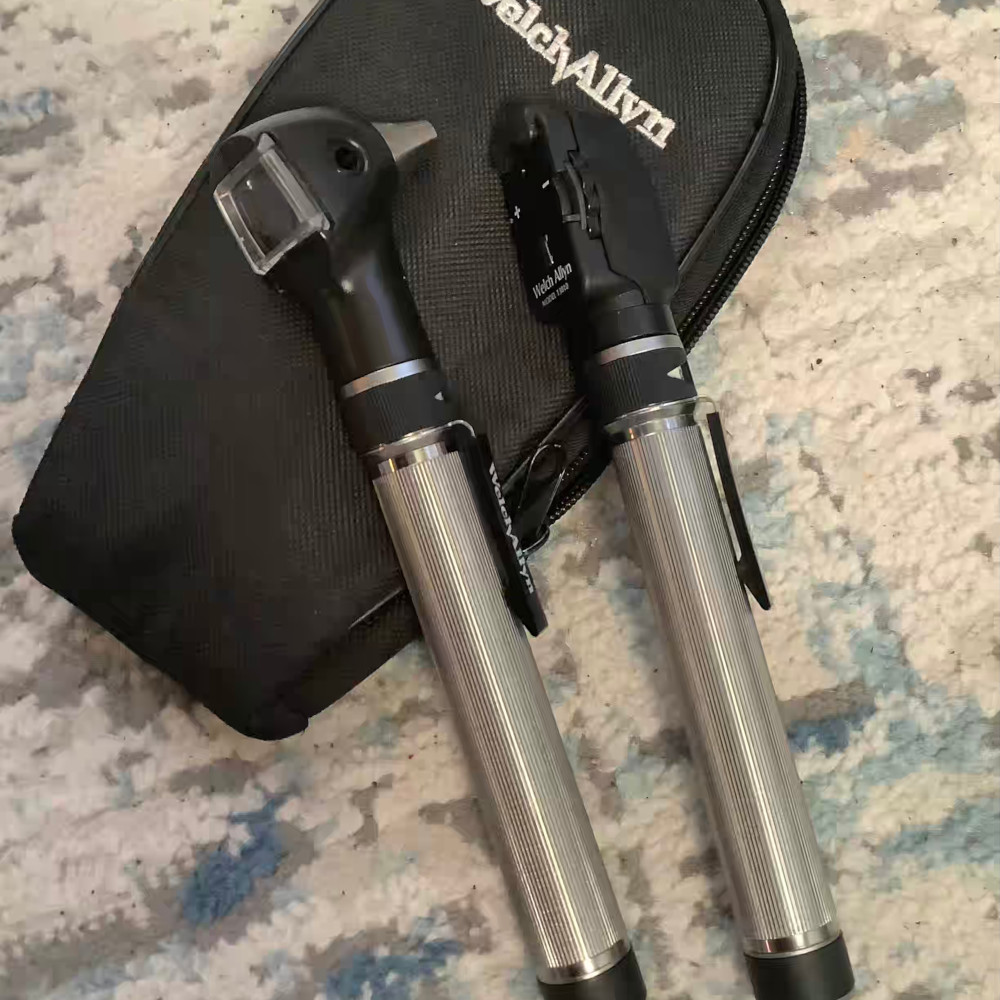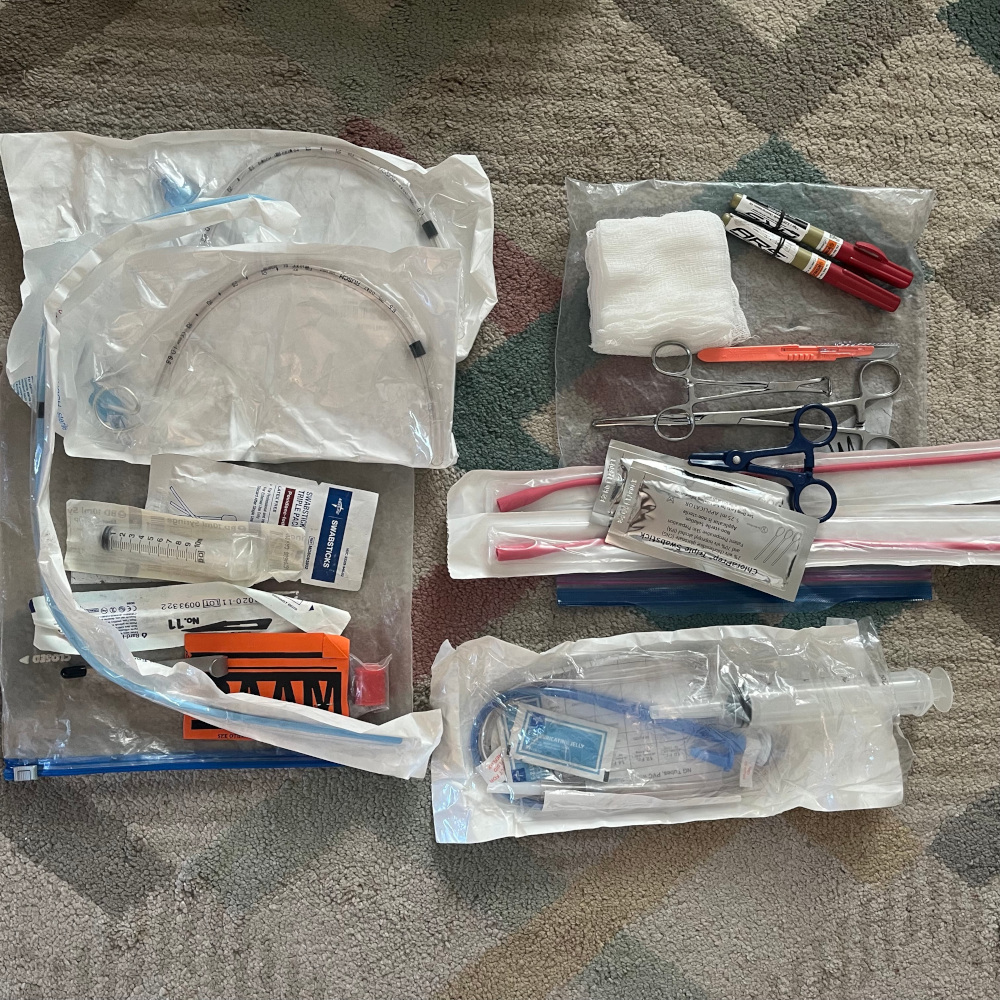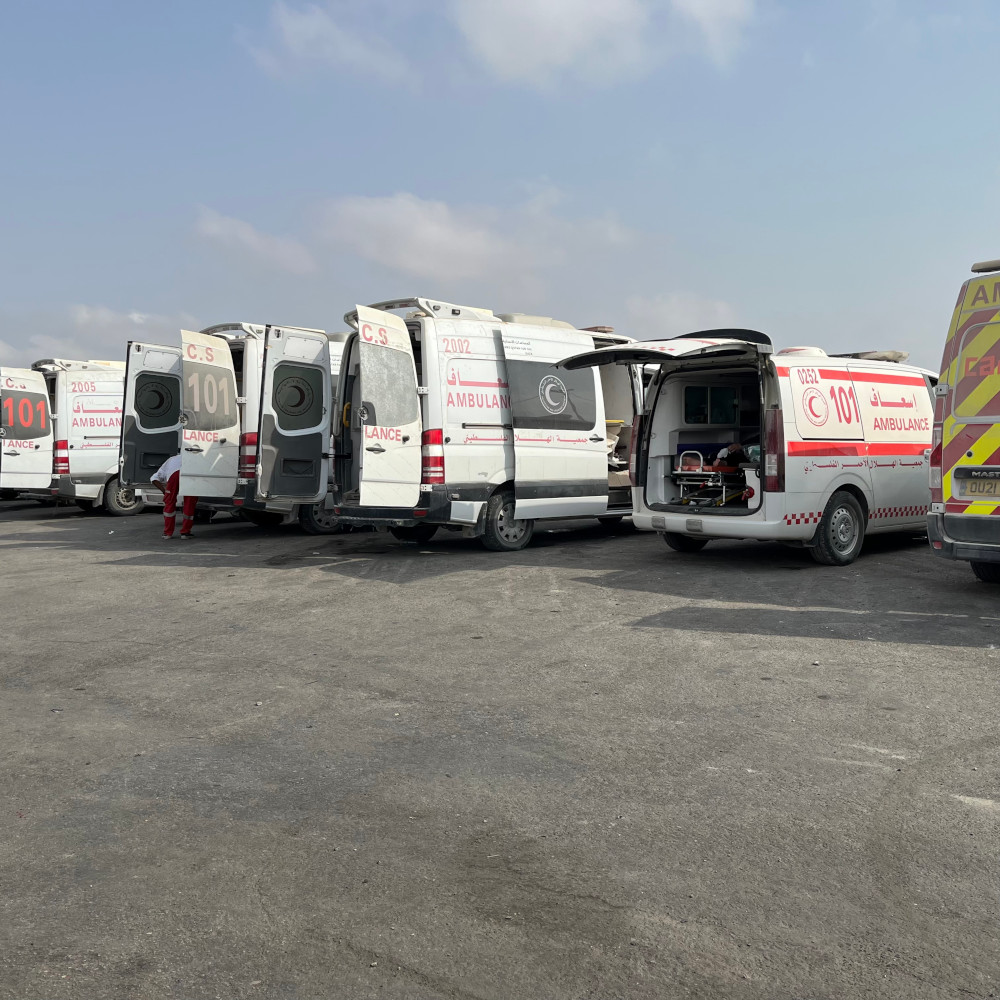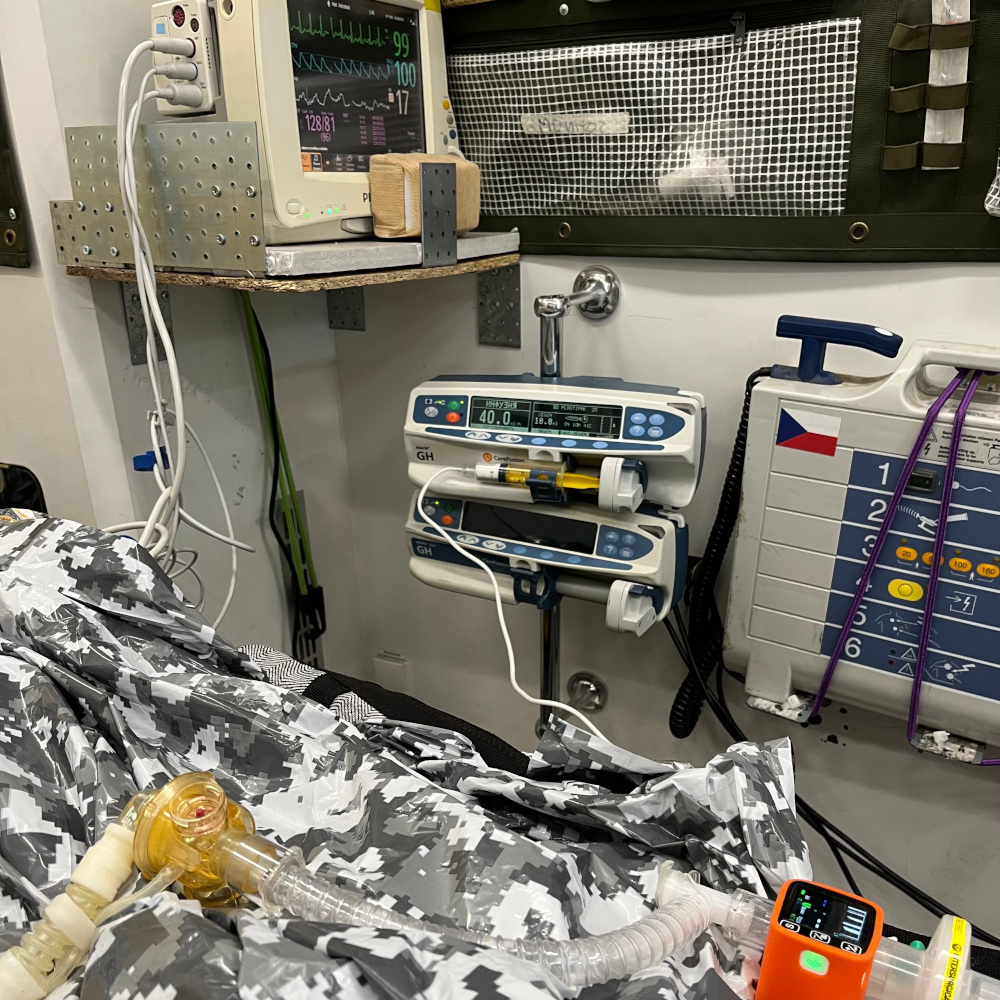Austere Medicine
Humanitarian Medicine
Wilderness Medicine
Disaster Medicine
Conflict Medicine
Clinic/ Sick Call
General/ Multi-Disciplinary References
This page serves as a repository for all the austere medicine resources we’ve collected and created. It is broken down by subject as noted above. There is some overlap both within these subject areas and also between the stuff on this page and the general Clinical Resources Page, so be sure to have a look around.
Each section (except for the last) is broken down as so:
- Fundamental Knowledge - key words and terms to get you started on some self-directed learning in the space
- Certs & Courses - where to go if you have the time and/ or money to put into both learning and making yourself more marketable
- Learn More - links to resources on the general concept; might be videos, websites, articles social media pages, etc.
- Potential Leads - groups and organizations that are currently working in this sector and may have opportunities to get involved
Humanitarian Medicine
Fundamental Knowledge:
- Humanitarian Principles
- Agencies: WHO, UNHCR, UN, etc. & the Cluster Response/ Approach
- Sphere Guidelines/ Standards for Humanitarian Response
- Water & Sanitation Hygeine (WASH)
Courses & Certs:
- Disasterready.org: Humanitarian Essentials (free, online)
- Bulding a Better Response Course (free, online)
- FCCS: Resource Limited (costs money, tough to find)
- World Eextreme Medicine: Humanitarian Medicine Course (costs lots of money, in-person)
Learn More:
- Blog Series: The Stethoscope & The Machete
- Single Blog: International Opportunities for EMS People, Rykerr Medical
- Podcast: Preparing for Humanitarian Work & Deployment, The Surge apple youtube
- Podcast: Humanitarian Relief with Mark Lopshite, CORUM apple spotify
- Humanitarian Action & Ethics web archive
Potential Leads:
- CADUS
- Team Rubicon
- International Medical Corps (IMC)
- Any of the other WHO Emergency Medical Teams (EMTs)
Wilderness Medicine
Fundamental Knowledge:
- Backcountry Travel & Wilderness Survival
- Leave No Trace Principles
- Navigation (Map & Compass, GPS Systems, etc.)
- Sport/ Activity-Specific Competency (i.e., climbing, skiing, backpacking, etc.)
Courses & Certs:
- Wilderness/ Remote First Responder (WFR/ RFR) &/or Wilderness/ Remote EMT (WEMT/ REMT) (cost money, many different agencies offer these courses)
- Advanced Wilderness Life Support (AWLS) (costs money, many different agencies offer these courses)
- Remote Medical Training: Remote Medicine for the Advanced Provider (RMAP) (costs money, hybrid)
- Wilderness Medicine Special Operations (WMSO) Course by RedStar Medical (costs money)
- Diploma in Mountain Medicine (DiMM) (costs lots of money, hybrid)
- Wilderness Paramedic (WP-C) (costs money, certifcation exam)
- National Outdoor Leadership School (NOLS) offers many, many different courses in this space, also a great place for networking (cost money, varies by course)
Learn More:
- Aerie Backcountry Medicine WFR Manual (free, high utility for BLS-level stuff)
- Wilderness Medical Sociewty (WMS) Clinical Practice Guidelines (CPGs) (free, high utility for all levels of clinicians)
- Blog: Wildland Fire Medic, Beginners Guide by Medics en Route (free, high utility if interested in fireline work)
Potential Leads:
- Ski Patrol, specifically those with National Ski Patrol or volunteer programs
- Local Search & Rescue
- Wildland Firefighting/ Fireline Medic (various agencies have opportunities)
- Race Support (specifically ultra-marathons and stage races)
- Guiding Services (climbing, skiing, etc.)
Disaster Medicine
Fundamental Knowledge:
- Disaster Management Cycle
- Types and Nature of Disasters
- Incident Command & Coordination
- Austere Communication Strategies
Courses & Certs:
- Humanitarian Academy at Harvard (via EdEx): Humanitarian Response to Conflict & Disaster (free, online)
- FCCS: Crisis Management (costs money, tough to find)
- Upper-Level ICS Courses (cost money, varies a bit)
- ICS 300 Intermediate ICS for Expanding Incidents
- ICS 400 Advanced ICS for Command and General Staff
Learn More:
- Disaster Medicine Collection on Archive.org (all books listed are free to borrow)
- Book chapters on InTech Open (all free)
- Disaster Helath Core Curriculum from USU NCDMPH (free, online, approx. 7 hours)
Potential Leads:
- Disaster Medical Assistance Teams (DMAT) (US folks only)
- Urban Search & Rescue (USAR) Teams (US folks only, but comparable resources around the world)
- Empact Northwest (for folks in the Pacific Northwest, USA)
Conflict Medicine
Fundamental Knowledge:
- Stop the Bleed & Wound Care
- Principles of Tactical Emergency Casualty Care (TECC)
- Crossover & Differences of TECC and Tactical Combat Casualty Care (TCCC)
- Principles of Prolonged Field Care (PFC)
- Utilization and Types of PPE (not the gloves and eyeglasses kind)
Courses & Certs:
- Humanitarian Academy at Harvard (via EdEx): Humanitarian Response to Conflict & Disaster (free, online)
- Austere Emergency Care (costs lots of money, various agencies offer the class)
- European Medics, Tactical Clinical Operations (costs lots of money)
- Hostile Environment Awareness Training
- CADUS (costs lots of money, but sometimes free for their people)
- Centre for Safety and Development (costs lots of money)
Learn More:
- FPC Working Group CPGs (free)
- Conflict & Health Journal (free/ open access)
- Medicine, Conflict & Survival Journal (free/ open access))
- WHO Red Book web archive (free)
- PPE Overview from Committee to Protect Journalists web archive
- Special Operations Medical Association (SOMA) Resource Library
Potential Leads:
- CADUS (Ukraine, Gaza; all ALS providers, rarely BLS opportunities)
- Frontline Medics (Ukraine; all ALS providers)
- UK Med (Ukraine, Gaza; all ALS providers)
- MM Rescue (Ukraine, mostly physicians and anesthetists)
Clinic/ Sick Call
Quick note: this section is a bit more generalized and geared towards the medic/ nurse who doesn’t typically work in a clinic setting, but would like to be useful in that setting (since a lot of austere work is clinic-based)
Fundamental Knowledge:
- Workflow in a Clinic Setting
- Utilization (& Maintenance) of Point of Care (POC) Tests
- Navigating Reference Materials
Courses & Certs:
- PA, NP or medical school :) (costs all the money, also just kidding)
- Minor Procedures Course (costs money, various, some online)
- ConEd/CEU Offerings for the Urgent Care Setting (costs money, various)
Learn More:
- Blog: Next Level Medic, ADTMC Resources
- Free Quick References Guide, such as:
- Family Practice Notebook
- WikiEM (also avialable on mobile & offline via the Eolas Medical app)
- Develop Skills
- Suturing
- Otoscopy
- Opthalmoscopy
- Point of Care Ultrasound
- X-ray Interpretation
Potential Leads:
- many Humanitarian Medicine opportunities include exposure here (see above)
- shadow in a clinic, urgent care, or a low-acuity pod in an ER
General/ Multi-Disciplinary References
And then this section is just a list of resources that span multiple disciplines discussed above.
Book: Improvised Medicine by Kenneth V. Iserson free on archive.org
Document: WHO, Medical Evacuation in Emergencies web archive
Single Podcast: Dan Taylor Discusses Non-traditional Opportunities for Paramedics, The Rykerr Medical Podcast apple spotify archive
Also everything that Dan has on his website: frozenmedical, but specifically:
- Bears to Bombs Presentation
- Blog: Finding Remote Medic Jobs
- Blog: Getting in to Remote & Austere Medicine
Podcast: College of Remote and Offshore Medicine apple spotify
Podcast: Remote, Expedition & Disaster Medicine (RED MED) apple spotify
